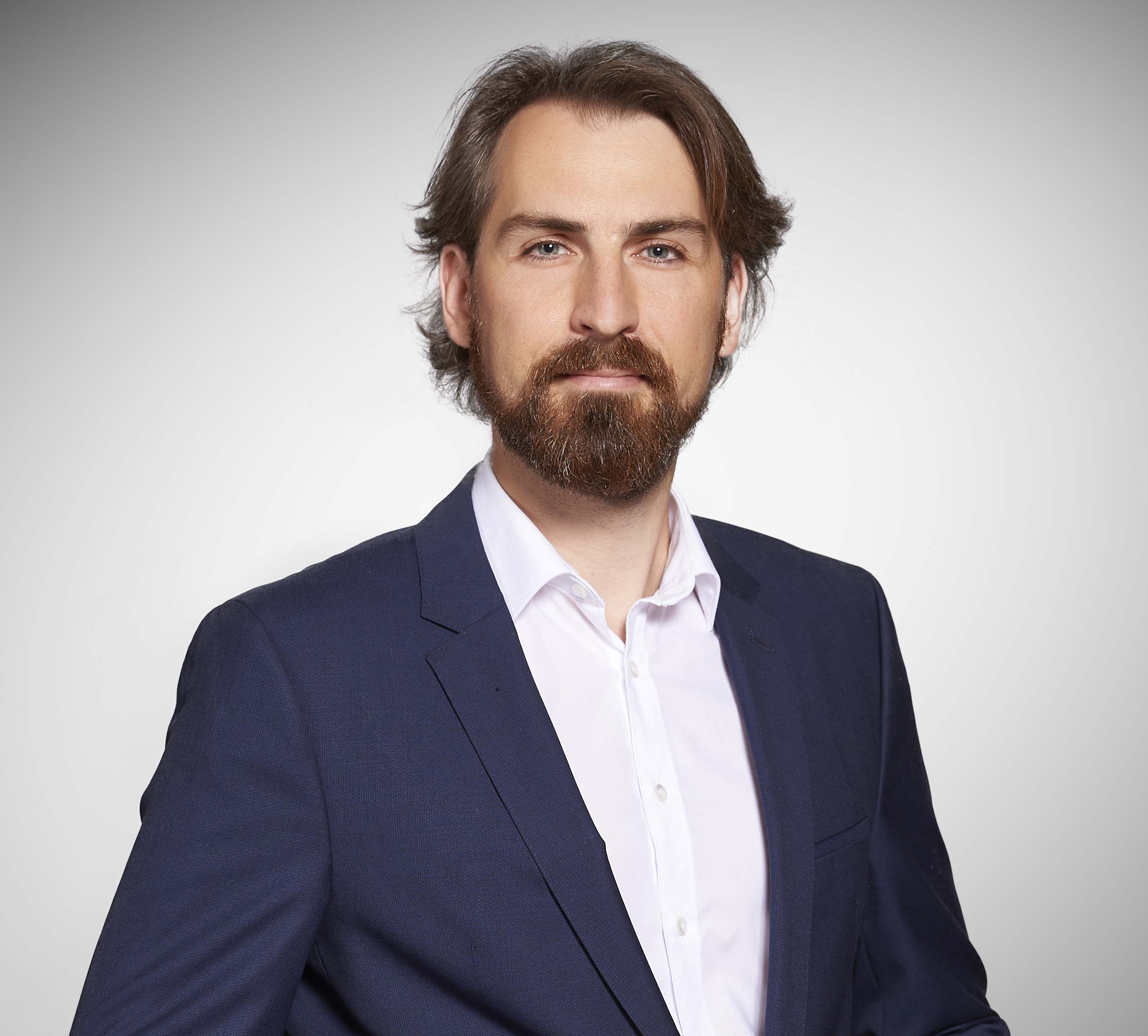In May 2023, over forty experts on the World Trade Organization (WTO) gathered from all over the world at the University of Ottawa to discuss the current state and future reform of the WTO dispute settlement system. The WTO dispute settlement system is currently in crisis. Its highest court, the Appellate Body (AB), has been non-functional since December 2019 because the United States has vetoed the appointment of new judges. The absence of the appeal stage also undermines dispute settlement at the WTO’s first instance, the panels, whose reports can be appealed into the void and are left in limbo. As a result, Members’ WTO commitments are left unenforceable.
At the Geneva Ministerial Declaration of June 2022, WTO Members committed themselves to work towards re-establishing a “fully and well-functioning dispute settlement system” that is “accessible to all Members” by 2024. Yet, solutions to the crisis remain elusive.
The Ottawa symposium sought to support the efforts of reform by identifying innovative approaches to revitalize the WTO dispute settlement system. The participants included academics, practitioners, diplomates as well as former trade negotiators, panellists, Appellate Body members and WTO officials. With their diverse disciplinary and professional backgrounds, they brought together unique perspectives on potential reform of the WTO dispute settlement system.
The Conference Organizational Team consisted of
- Wolfgang Alschner, Associate Professor, Hyman Soloway Chair in Business and Trade Law, University of Ottawa,
- Gabrielle Marceau, Associate Professor, Faculty of Law, University of Geneva, and
- Hélène Ruiz Fabri, Professor, Sorbonne Law School, University Paris 1 Panthéon-Sorbonne
The conference was held at the University of Ottawa. As Kristen Boon, Susan Perry Dellelce Dean, Faculty of Law, University of Ottawa, highlighted, the conference forms part of the University of Ottawa’s efforts to bridge the gap between academia and practice and to mobilize intellectual efforts that shape public policy making.The Conference was financially supported by the Max Planck Institute Luxembourg for Procedural Law, the Social Sciences and Humanities Research Council of Canada (SSHRC), the Hyman Soloway Chair on Business and Trade Law, the CN-Paul M. Tellier Chair on Business and Public Policy, Bennett Jones, the Canadian Council on International Law and the University of Ottawa, Faculty of Law.
The deliberations focused on three main questions:
- how can WTO members reform the adjudicatory dispute settlement system?
- how can the deliberative function of the WTO be enhanced?
- how can alternative dispute resolution mechanisms be used to resolve trade disputes?
The conference resulted in a Rethink WTO Dispute Settlement Report to provide policymakers with a wide range of ideas and perspectives on the potential routes of the WTO reform. Rather than formulating specific recommendations, the Report seeks to highlight and organize ideas circulating in academia and practice. The Report comprehensive described the wide range of current challenges facing WTO dispute settlement (including procedural, substantive, systematic, political and equity challenges), mapped existing reform ideas and provided structured reflections on the potential trade-offs for further reform.

